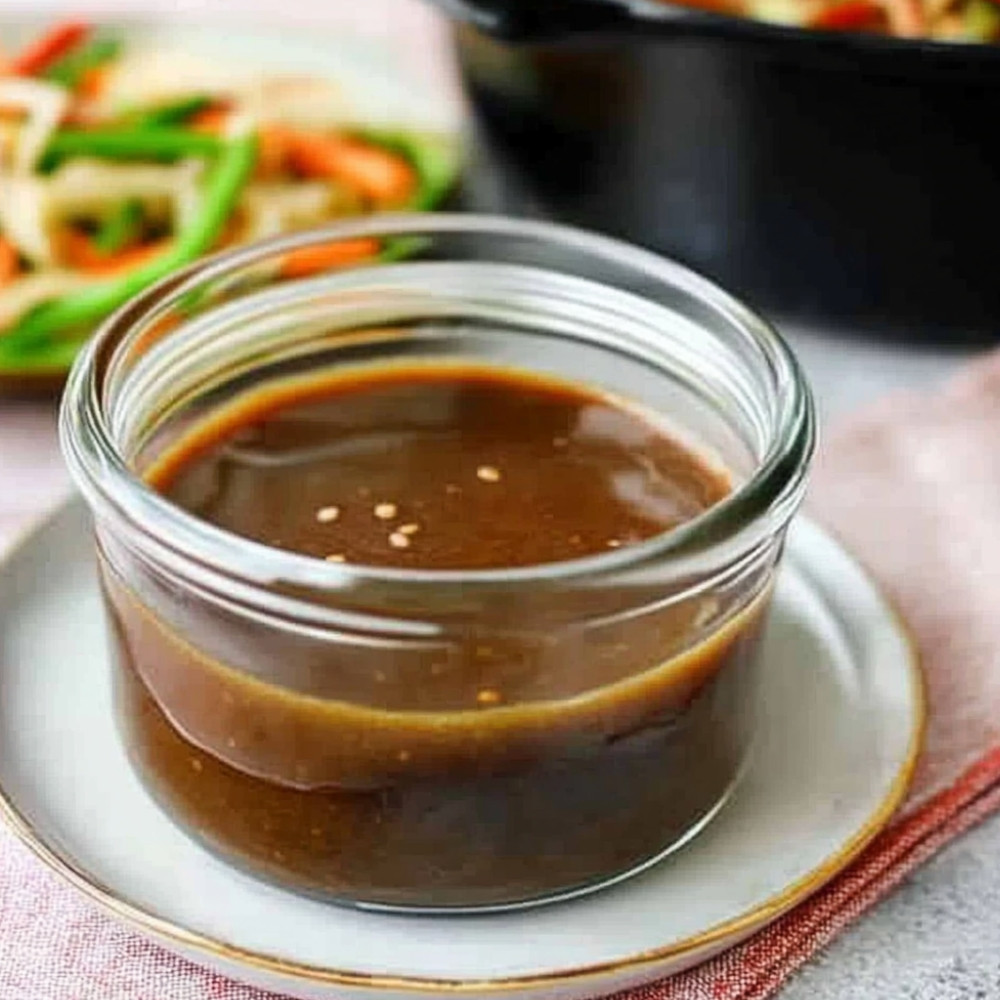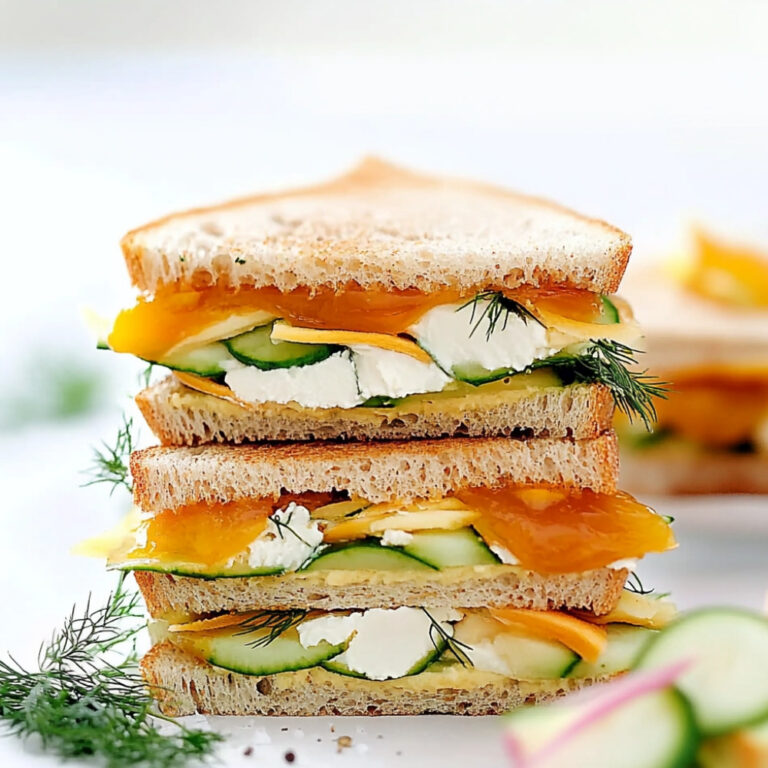Ultimate Stir-Fry Sauce for Authentic Chinese Flavor
So, let’s dive right into this—it’s a little funny how often we all turn to takeout for a stir-fry, right? But, oh my goodness, the beauty of making a killer stir-fry sauce at home feels like alchemy in the kitchen. Imagine the sizzle, the aroma filling your space—it’s like you’re forking some magic right onto your plate. Trust me, once you whip this up, you might just find yourself craving it all the time!
Why You’ll Crave It
- It brings that authentic Chinese flavor to your kitchen—no restaurant needed!
- Just a handful of ingredients and you’ve got a sauce that rocks.
- Stir-frying becomes a fun, colorful escape… like art, but edible!
- You can customize it to your taste—add more garlic, maybe some heat, but totally your call!
- This sauce keeps in the fridge, so leftovers are a good reason to smile.
The first time I made this, my family practically hovered around me, absolutely eager for the first taste…
What You’ll Need
- Soy Sauce: 1/4 cup, the salty backbone that brings everything together.
- Oyster Sauce: 2 tablespoons, this adds a lovely umami kick, truly special!
- Sesame Oil: 1 tablespoon, it’s like a warm hug for your taste buds.
- Sugar: 1 tablespoon, just a bit of sweetness balance—trust me here!
- Cornstarch: 1 tablespoon, gives that perfect thickness you want.
- Water: 1/4 cup, to loosen things up nicely.
- Fresh Garlic: 2 cloves minced, because, well… garlic.
- Fresh Ginger: 1 teaspoon minced, adds that zing that wakes your dish right up!
- Rice Vinegar: 1 teaspoon, it brightens it all up, you know?
Easy How-To
Mix It All Together
Alright, so first things first, grab a bowl—any bowl will do—and just pile in the soy sauce, oyster sauce, and sesame oil. Give it a nice little stir—get everything blended well… it’s all about teamwork here! Next, when it’s looking good, sprinkle in the sugar, and stir again until it’s melted away, just like your worries over dinner.
Thickening Things Up
Here’s where it starts to get fun. While stirring that lovely mix, so slowly add in your cornstarch… it’ll clump up a bit at first, but don’t sweat it! Just keep stirring and it’ll come together. If it feels too thick, no problem—just splash in a bit of water until it’s just right.
Taste Test Time
Okay, this is important—taste your sauce. Really, taste it! If it needs a bit more soy for saltiness or a pinch more sugar—go for it! It’s your flavor, your creation—make it sing to you.
Good to Know
- Leftover sauce? Pop it in an airtight container—keeps up to a week in the fridge.
- This is a super versatile sauce—drizzle it on veggies, protein, or even noodles.
- Tinker with it! Want a hint of spice? Add red pepper flakes. Love more ginger? Chop some extra in!
Serving Ideas
- Serve it over a beautiful bed of fluffy rice, it’s a perfect match, I promise!
Top Tricks
- Make sure your wok is hot! A good sear brings out all those great flavors.
Frequently Asked Questions
Can I use different oils for stir-frying?
Oh totally! Just make sure whatever oil you pick has a high smoke point—like peanut or canola oils are really great for that crispy goodness.
Are frozen veggies okay for this sauce?
Absolutely! Just thaw and drain them first. Otherwise, you risk turning that stir-fry into a watery mess, and no one wants that.
What’s the best protein for stir-frying?
I love chicken or shrimp, honestly! But tofu is also fantastic if you’re thinking vegetarian. They all soak up the sauce beautifully!
How long should I cook everything?
Honestly? Just a few minutes—3 to 7 should do—keep everything moving! It’s all about that quick cook to lock in flavor.
—
It’s really amazing how a simple stir-fry sauce can just transform a meal into something spectacular. You’ll find this recipe becoming a staple for sure—it’s quick, delightful, and just magical! So what are you waiting for? Grab those ingredients and get stirring!







